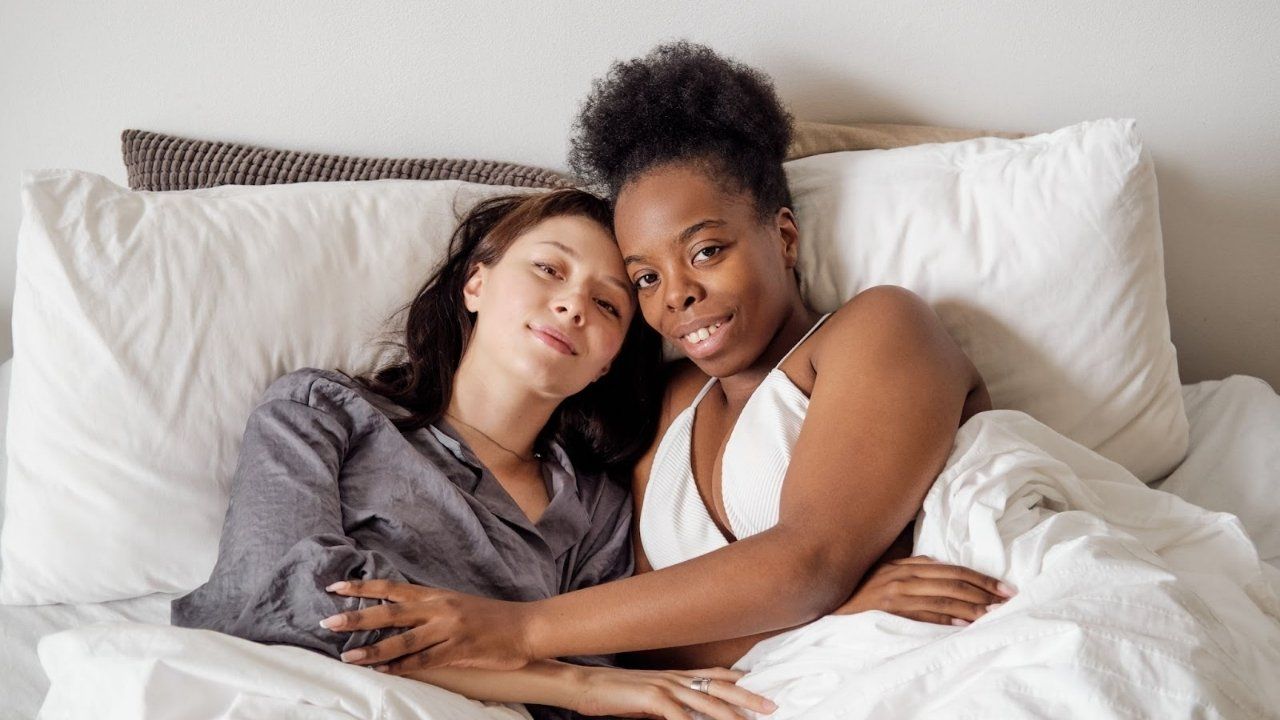Stop The Adultification Of Black Girls, Part 2: Guest Post By Nicole Ward
Aug 21, 2020This is part two of the series “Stop the Adultification of Black Girls” by guest expert Nicole Ward. If you missed part one, you can find it here.
Hello, my name is Nicole Ward, and I want to continue with part two of my series on the adultification of African-American children, with a concentration on the adultification of Black females.
I want to pick up in part two on the context of how we can address this situation with clinicians, colleagues, our communities, and the families we work with. For part 1, click here.
It’s important to understand that adultification is not only dehumanizing, it compromises the context and social and developmental processes of children. It prematurely and inappropriately exposes children to adult information and adult knowledge with the assumption that the children can process that information.
I think we can address this as clinicians by making sure that people understand what childhood is, and the expectations surrounding childhood. The expectations surrounding children that are adultified are outside the norm: they are expected to have knowledge that they don’t have, which is unrealistic and puts them at a disadvantage.
Childhood is a time for children to play and grow strong and confident with love and encouragement from their families and caring adults in their extended communities. As clinicians, and with our colleagues, we can help model this, and help create the conditions for children to have a quality of life as children and the ability to play. We need to be assertive in establishing and being responsive to these caring relationships for children in our community, so that they can thrive in a nurturing environment.
I was speaking with a client the other day, a Black female, and she told me that her family member had said that she was “acting grown.” She said, “I really try not to act grown, but I don’t even know what it is.”
I looked at it from the other angle: not what it is to be grown, because that was so foreign to her–she didn’t have that knowledge or life experience to even conceptualize what it was to be grown–but rather I encouraged her to identify what it is to be a child. She didn’t identify that from her point of context, but from the point of context of much younger family members. She was able to say that children play, that children don’t get in trouble, and that children don’t have the expectation to do certain things (which included having sex).
Children have this freedom to be. They can watch TV, and run around naked, and play in the park. The work expected from a child is not the level of work expected from an adult. I think it is helpful for us to help people identify what is expected of a child and what is expected of an adult, to put things in perspective, and allow children (and Black children in particular) the space to be who they need to be.






